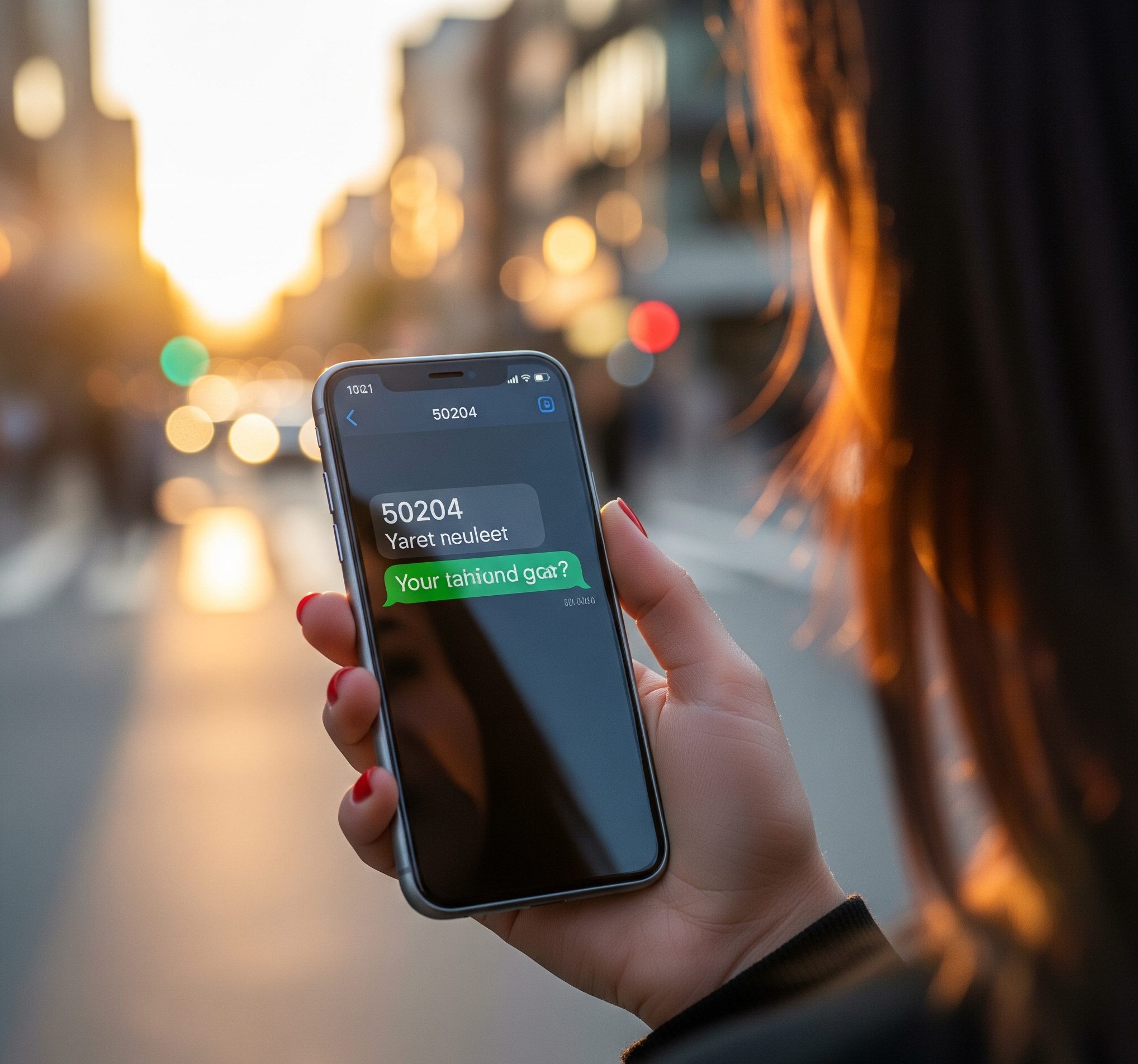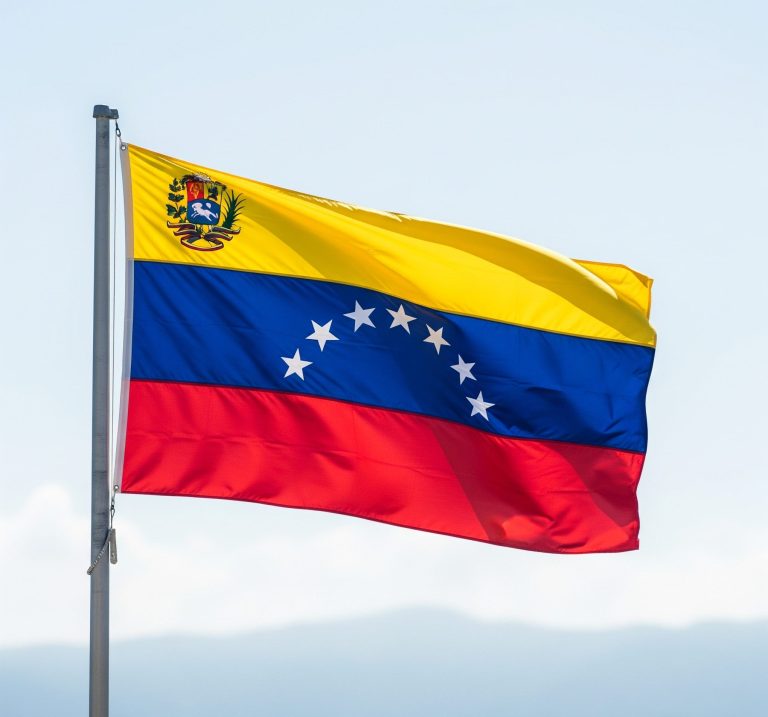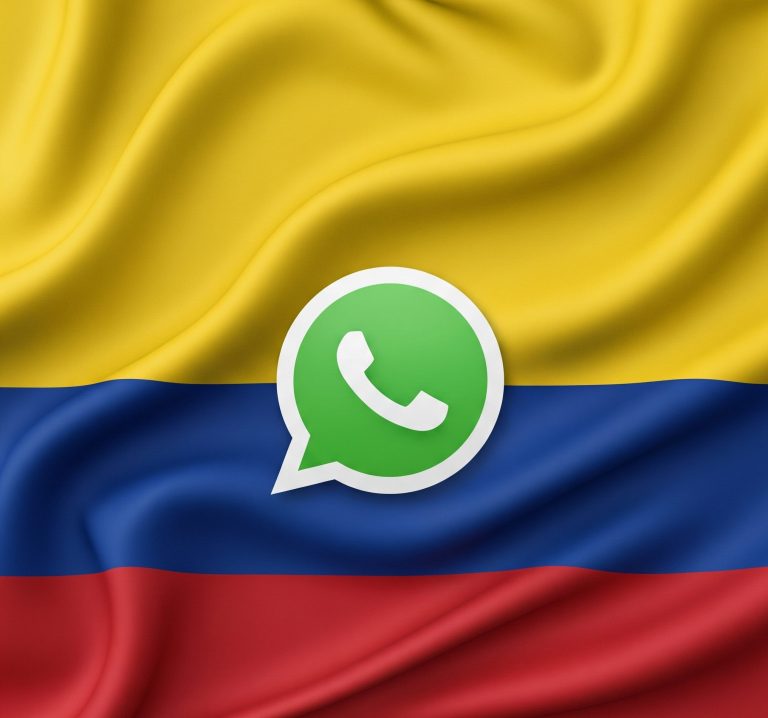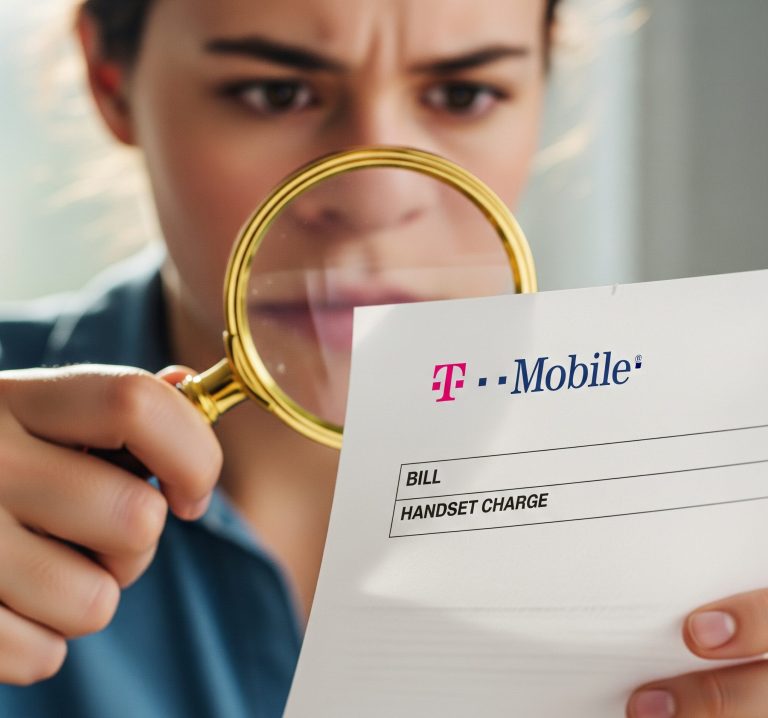In an era of constant digital communication, a new type of message has increasingly found its way into the text message inboxes of millions of Americans: the 50204 text message. Seemingly out of the blue, these messages can be a source of curiosity, annoyance, and even concern. This article will serve as a comprehensive guide for US consumers, demystifying the 50204 text message, explaining who sends them and why, and most importantly, what you can do about them.
Contents
What is a 50204 Text Message and Who is Behind It?
At its core, a 50204 text message is a communication sent from a “short code.” Unlike the standard 10-digit phone numbers we are all familiar with, short codes are 5 or 6-digit numbers used by organizations to send and receive text messages on a mass scale. The 50204 short code is a specific number that has been frequently utilized by a variety of entities, most notably political campaigns, advocacy groups, and non-profit organizations.
These organizations use services that lease short codes like 50204 to conduct large-scale outreach. This can include fundraising appeals, event invitations, voter registration drives, and get-out-the-vote reminders. While the messages themselves may come from a variety of different campaigns or causes, they all funnel through this shared short code, which can sometimes make it difficult to pinpoint the exact sender without closer inspection of the message content.
Why Are You Receiving These Messages? The Connection to Public Records
A common question that arises when a 50204 text message appears is, “How did they get my number?” The answer often lies in publicly available information. Voter registration records, for instance, are public in many states and often include phone numbers provided by the voter. Political campaigns and other organizations can legally access this data to build their contact lists.
Furthermore, if you have ever donated to a political campaign, signed an online petition, or provided your phone number to a related organization, you may have inadvertently opted into receiving text message communications. These organizations may also share or sell their contact lists to like-minded groups, expanding the reach of messages originating from short codes like 50204. It’s also possible that your number was part of a list purchased from a data broker.
The Legality of Political Text Messages: Understanding the TCPA
The primary law governing telemarketing and automated text messages in the United States is the Telephone Consumer Protection Act (TCPA). The TCPA places restrictions on the use of autodialers and prerecorded messages to cell phones without the recipient’s prior express consent. However, the legal landscape surrounding political text messages is nuanced.
A 2021 Supreme Court decision, Facebook, Inc. v. Duguid, narrowed the definition of an “autodialer,” making it more difficult to classify some modern texting technologies as such. This has provided a legal pathway for campaigns to send mass texts without violating the TCPA, as long as the system used requires some form of human intervention and does not use a random or sequential number generator.
Despite these legal complexities, the TCPA still offers protections. Most importantly, it requires that all non-emergency text messages, including political ones, must include a clear and easy way for the recipient to opt-out of future messages.
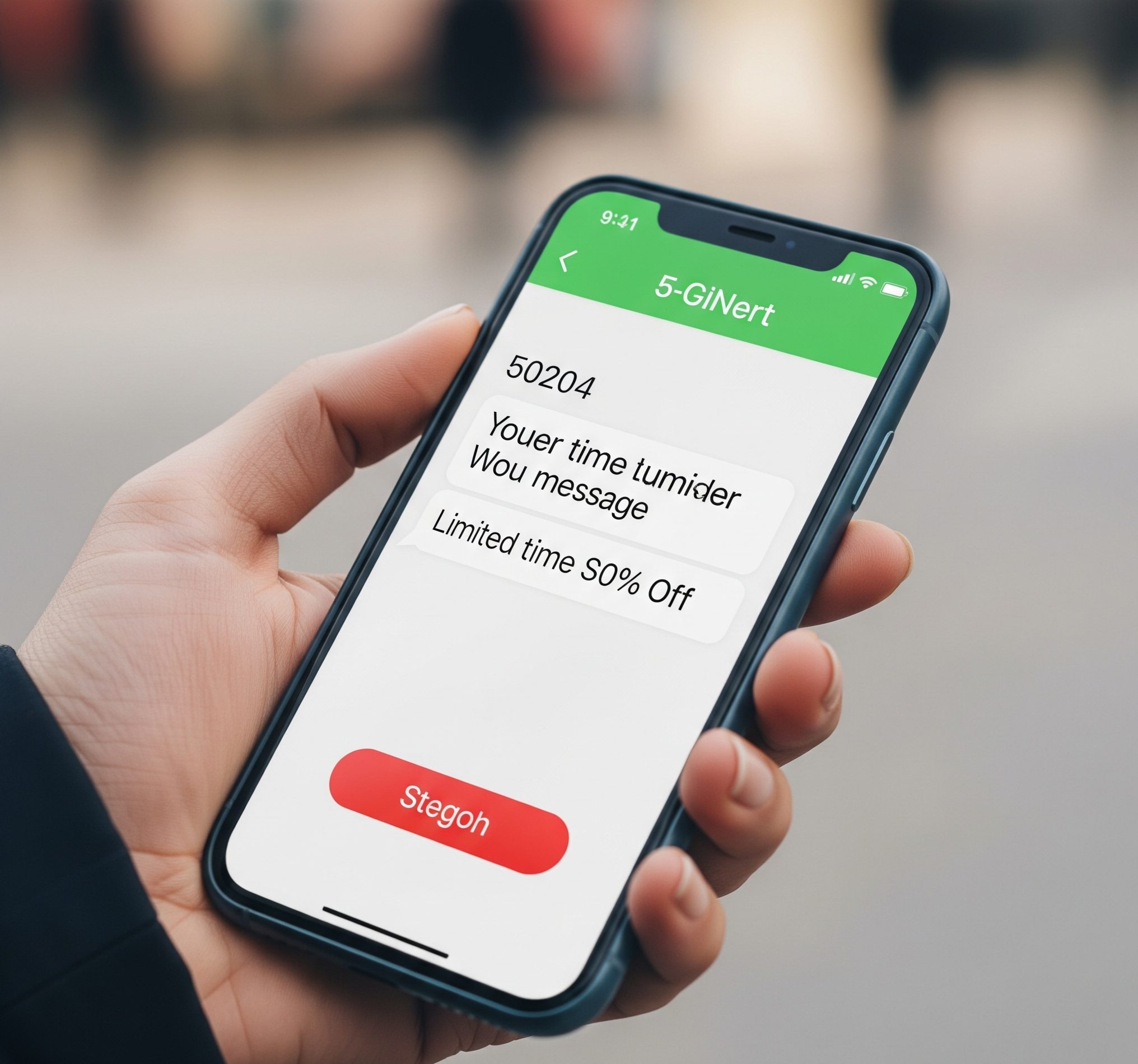
How to Stop Unwanted 50204 Text Messages: A Step-by-Step Guide
If you are receiving unwanted 50204 text message communications, you have several options to stop them:
- Reply “STOP”: The simplest and most direct method is to reply to the text message with the word “STOP.” The TCPA mandates that senders must honor these opt-out requests. You should receive a confirmation message acknowledging that you have been unsubscribed. You can also try other keywords like “UNSUBSCRIBE,” “CANCEL,” or “QUIT.”
- Block the Number: While replying “STOP” should prevent further messages from that specific campaign, you can also block the 50204 short code directly on your smartphone. Both Android and iOS devices have built-in features to block numbers. However, be aware that this will block all messages from the 50204 short code, which might include legitimate notifications from other organizations you wish to hear from.
- Report the Message as Spam: Most messaging apps allow you to report unwanted texts as spam or junk. This helps your mobile carrier and phone manufacturer identify and filter out similar messages in the future.
- File a Complaint with the FCC: If you continue to receive messages after opting out, or if you believe a message violates the TCPA, you can file a complaint with the Federal Communications Commission (FCC). The FCC is the primary federal agency responsible for enforcing the TCPA. You can file a complaint on their website, providing details about the unwanted message.
Be Cautious: The Potential for Scams
While many 50204 text message communications are from legitimate political and non-profit organizations, the anonymity of text messages can also be exploited by scammers. Be wary of messages that create a false sense of urgency, request personal or financial information, or contain suspicious links. Legitimate organizations will not ask for sensitive data like your Social Security number or bank account details via text. If a message seems suspicious, it’s always best to err on the side of caution and not engage with it.
conclusion
the appearance of a 50204 text message in your inbox is a common occurrence in the modern American landscape, particularly during election seasons. While often unsolicited, these messages are typically from political campaigns or advocacy groups and fall into a complex legal category. By understanding the nature of these communications and knowing your rights under the TCPA, you can take effective steps to manage and, if desired, eliminate these messages from your digital life. Remember to always be vigilant for potential scams and prioritize the security of your personal information.

